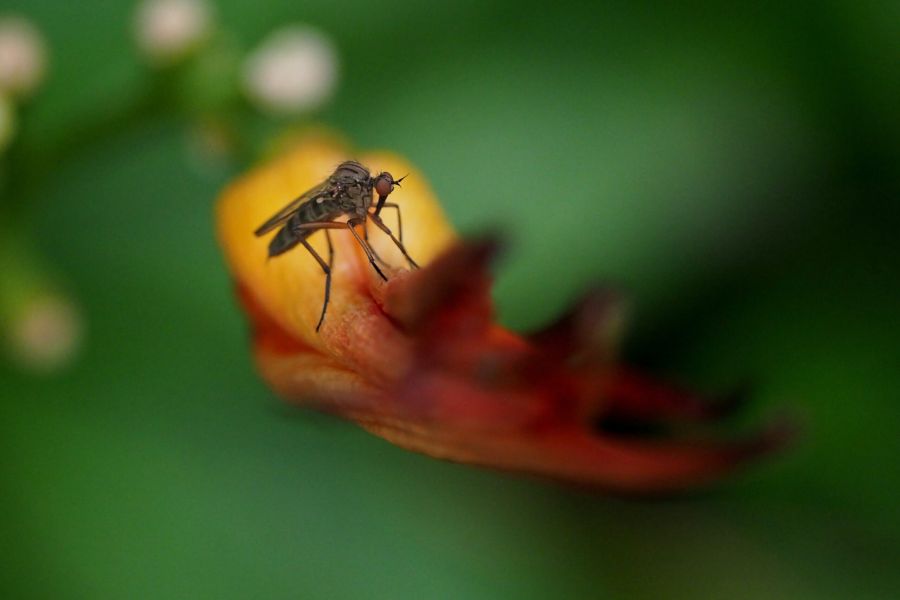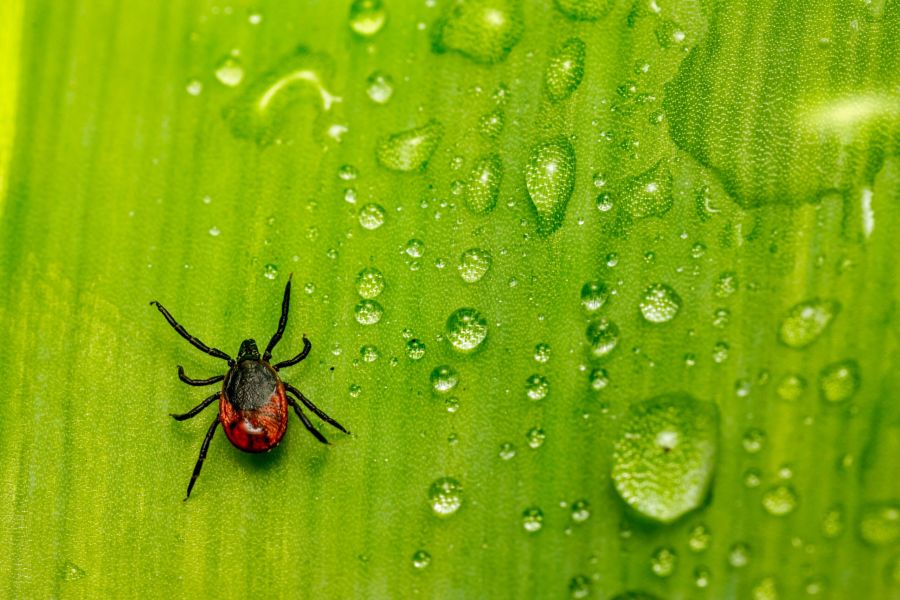One Health Travel Study

One Health Travel
As part of the One Health PACT research we want to know what we as Dutch people might bring back in terms of infections and where we pick them up. After all, it’s all about your vacations, we all want to enjoy them carefree. With climate change, the borders within which the transmitters of these diseases can live are also getting closer. During the One Health Travel research (part of One Health PACT ) we want to map that out with you so we have the scientific data to start doing something about it as well. This research is executed by our PhD Chiara de Bellegarde de Saint Lary under the supervision of our principal investigator Patricia Bruijning-Verhagen.

What do we study?
Within the One Health Travel project, we are measuring the presence of arbovirus infections among returning travelers. It is not yet known how common these infections are among returning travelers because the symptoms are often mild and resemble flu-like symptoms. Often these symptoms do not require a visit to the doctor or a blood test for diagnosis. This is precisely why it is so important to participate.
The undetected infections among returning travelers can be a public health hazard.

Voluntary
The participation is voluntary; it costs nothing except some time and there is no compensation. You will receive all survey materials and the One Health Travel app free of charge.

What to do
During their vacation, participants keep track of whether they have been exposed to mosquito and/or tick bites. To keep track of this easily, we have developed the One Health Travel app.
The app can be downloaded for free. Three days before departure, the participants will receive a short questionnaire in the App. The questions concern the purpose of their trip (vacation, family visit, etc.) and the type of trip they will be taking. Once a week they receive an additional questionnaire. This questionnaire contains questions about possible mosquito and/or tick bites, the area they have been in the last few days and what measures they have taken against mosquito bites.

Which arboviruses will be tested
Within this study the West Nile, Usutu, Sindbis, Chikungunya, Dengue and Zika virus infections are examined. These infections are transmitted to humans through the bite of an infected mosquito.
In addition, tick-borne encephalitis virus is also examined. This virus is transmitted to humans through the bite of an infected tick.
We call these virus infections “arbovirus” infections.